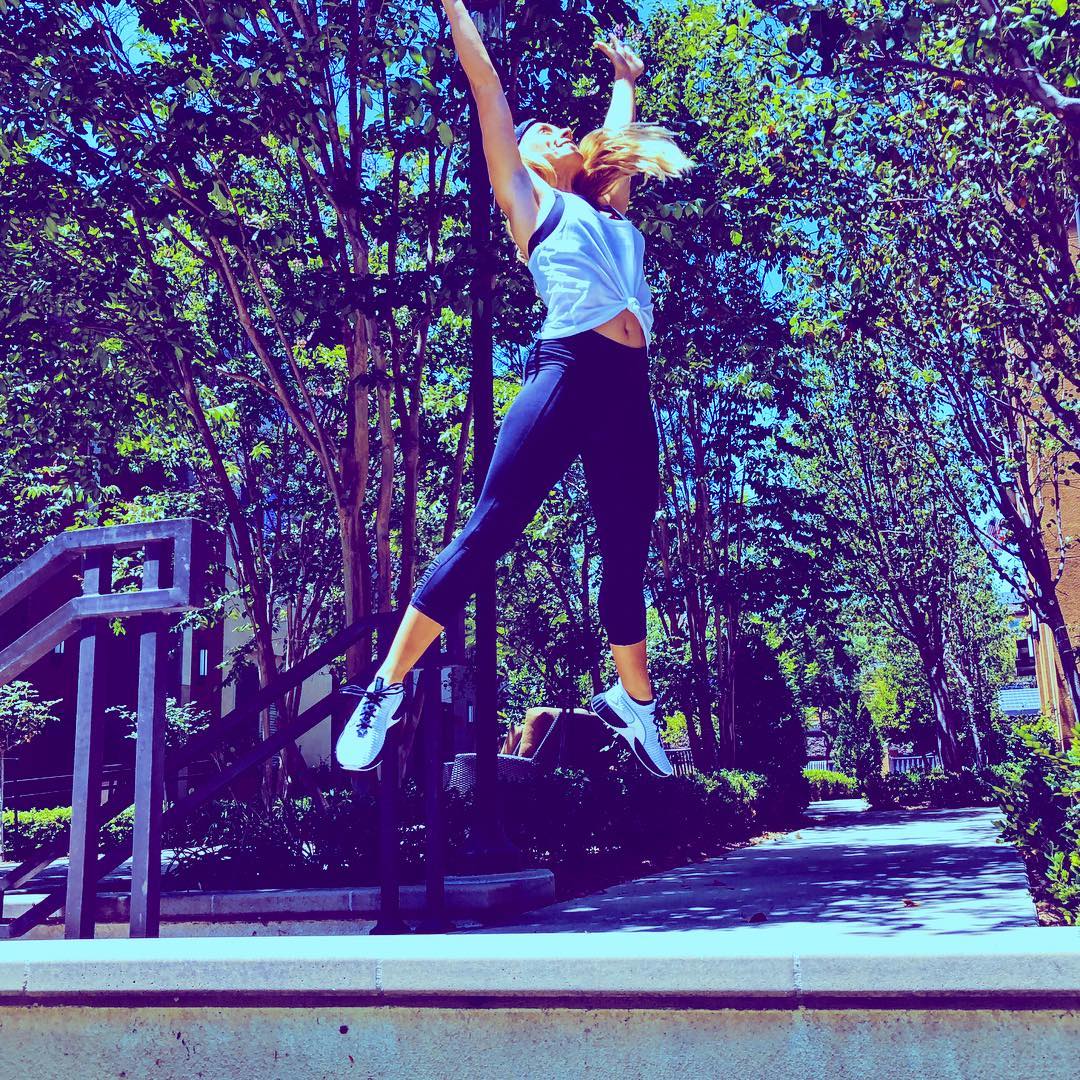Remember the feeling you had when you first kicked off your journey?! How you were SO excited about reaching your goal that you knew deep down in your gut it would 100% be your reality one day? And remember how that excitement fueled your motivation like gasoline does to a fire?! [Too bad that feeling doesn’t last, huh?! Hahahaha… but seriously… what the hell -__-] Well, very similar to the intense emotional connection you experience initially, your body experiences an intense physiological reaction while it adapts to your new lifestyle. That being said, finding that your results are coming along a lot slower after you’ve been eating right and exercising for a while is not only normal, it’s to be expected. But what if a month or 2 has gone by and your results aren’t just slow... you’ve made absolutely no progress... The scale hasn’t budged [which doesn’t mean you aren’t achieving results btw]; your measurements haven’t changed a bit; and your clothes still fit exactly the same… even though you’re just as committed to your workout regimen as ever and have been super disciplined with your meals. WTFFFFF?!?!?!!!
Ok, deep breath. First thing’s first. We have to come to terms with the fact that what you’re currently doing isn’t working. I know! I know… it DID work! And it got you amazing results!! I didn’t say what you’re doing is wrong! What I’m saying is that it’s just not right for you anymore. Your body has adapted. But here’s the good news: making little tweaks to what you’re already doing will likely give you the boost you need.
Here are some small changes that can lead to dramatic results:
Prioritize stress management. Here’s the thing: if your stress hormones are elevated, your body is in survival mode and believes it has bigger problems to worry about than changing itself to better suit your fancy. [Sorry, but it’s true…] The good news is that there are ways you can actively reduce your stress hormone levels! Getting ample sleep is most important; followed by staying well-hydrated and keeping active as often as possible. [Not active as in full-on working out all the time, because that would keep your stress hormones elevated - not help them fall. Going for leisurely walks and doing yard work or housework are all great ways to keep moving and reduce stress.]
Increase the resistance you’re using during workouts. The fancy term for the reason behind this is “progressive overload” and it’s the foundation of all quality fitness programs. Progressively increasing how challenging your workouts are is essential for building strength and triggering a physiological response in your body that will lead to visible results. If you’ve been using the same couple pair of dumbbells at home for months now, investing in and using heavier weights could be all you need in order to bust through your plateau.
Make other adjustments to make your workouts more challenging. There are other ways to ensure progressive overload in your training regimen beyond increasing the weight your lifting. The obvious options are to increase the length of your workouts or add reps/sets of the exercises you’re doing, but there are other options too! You could challenge yourself to do an exercise like step-ups using a higher step. Jump higher when you’re jumping. Play around with the tempo of your movements; for some exercises, [like core exercises], the slower you move, the more challenging it’ll be; and for other exercises, [like cardio drills], the faster you move, the more challenging it’ll be. Plus, always be sure to move through the full range of motion! The deeper/larger the range of motion, the more muscle fibers you recruit. The more muscle fibers you recruit, the harder you’re working!
Think outside the box with your eating schedule. For people who stay busy into the evening or workout at night, a common dilemma is the necessity of eating a late dinner. We know that we shouldn’t eat a huge meal right before hitting the hay, but eating 3+ hours before bedtime just isn’t possible! But who says dinner has to be our big meal?? Why can’t lunch be our biggest meal?! When I worked in gyms full time and would teach classes until 7:30/8pm every night, I’d eat a large meal at 2:00 in the afternoon, then my “dinner” after work [around 9pm] was a smoothie. Once I made this adjustment, I noticed that I’d wake up for my 6am clients and classes WAY less bloated AND far better rested because my body was actually recovering while I slept instead of trying to digest a massive meal.
Ask for help. As much as we try to educate ourselves and figure out the mystery that is our body… sometimes our educated guesses just aren’t cutting it. When we know better, we do better, and a great way to ensure we’re doing the absolute best we can is to invest in the guidance of an expert.
While we’re on that note, know that I’m here for you & ALWAYS ready to help! Shoot me a message anytime you need motivation, reassurance, advice or a listening ear.

